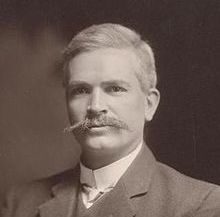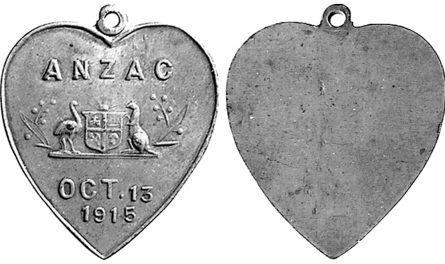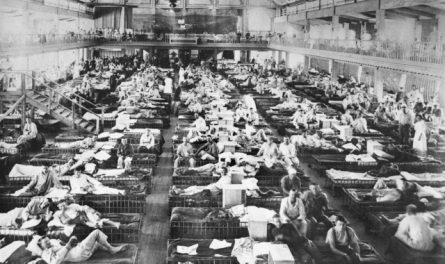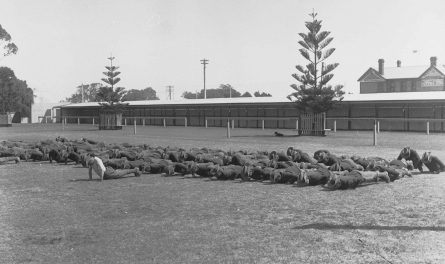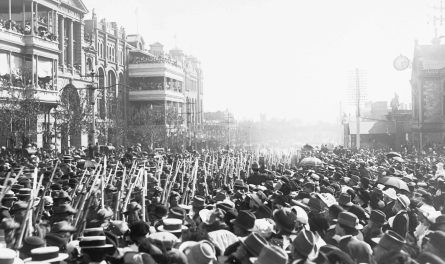Fisher, Andrew
Of Scottish heritage, and a former miner and trade unionist, Andrew Fisher served as Prime Minister of Australia three times, in 1908–09, 1910–13 and 1914–15. During his second term he was instrumental in the passing of legislation that saw the introduction of Australia’s first national old-age pension scheme. Fisher was also PM when construction began on the Trans-Australian Railway – originally running the “Great Western Express” and nowadays the “Indian-Pacific” – and the Australian Capital Territory was founded.
He won the election in 1914 just six weeks after war broke out across Europe. The new Labor Government was thus immediately consumed with devising defence measures and planning Australia’s War effort in support of the Empire.
It was Fisher’s responsibility to despatch the troops to Europe at the beginning of the war, and as there were reports of German cruisers, he refused to allow the convoy to sail until it had been fully assembled. He also made the commitment that Australia would finance its troops itself. He had hoped to do this by raising the funds through taxes and duties, but this was not possible, and he negotiated a loan from Britain. This debt proved to be an ongoing burden to Australia in the 1930s.
On 27 October, 1915 Fisher resigned as Prime Minister due to ill health and was succeeded by his deputy, William Morris (Billy) Hughes.


